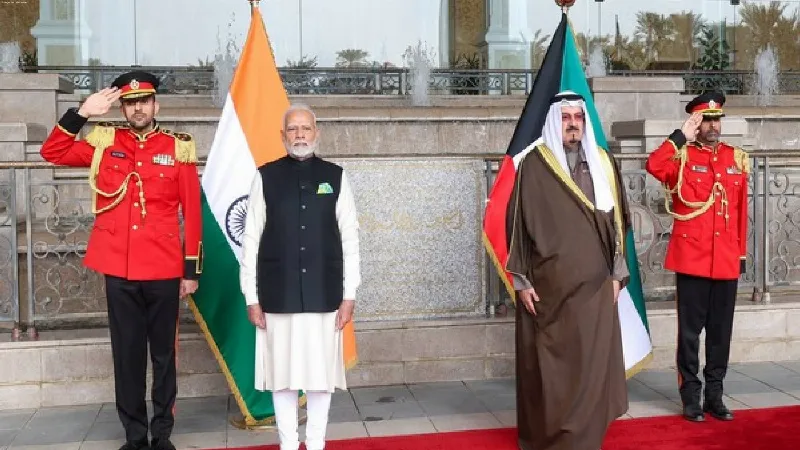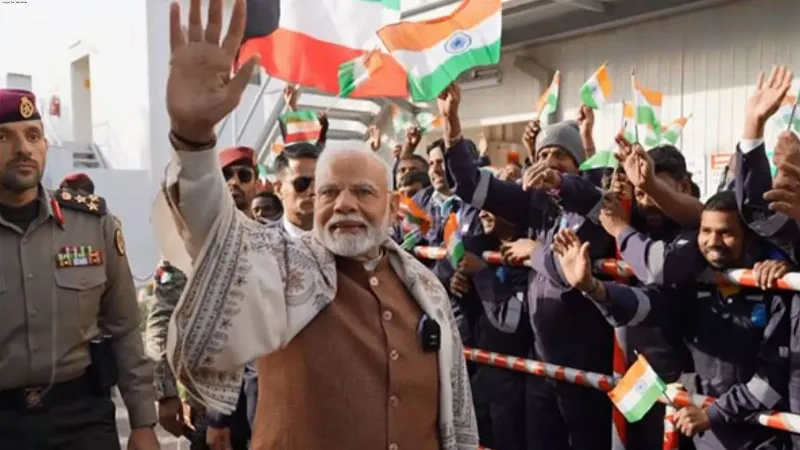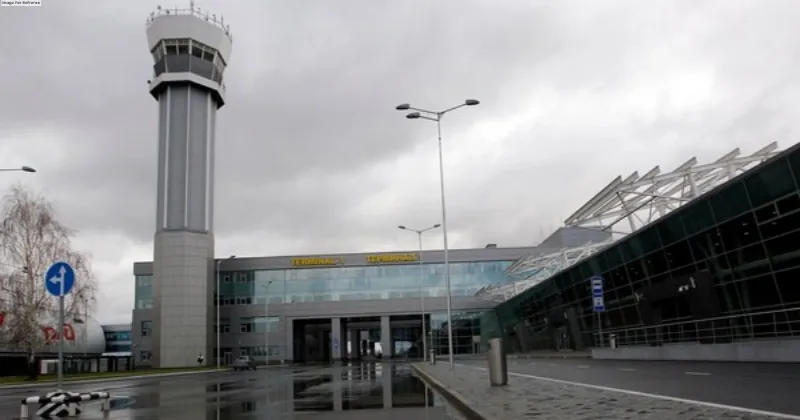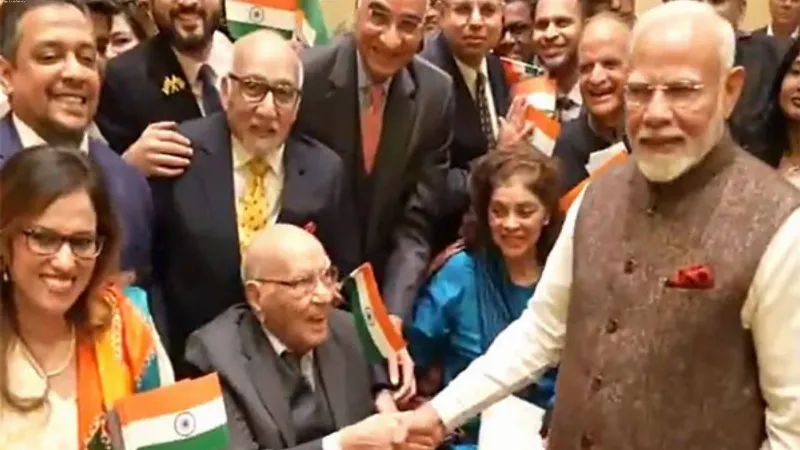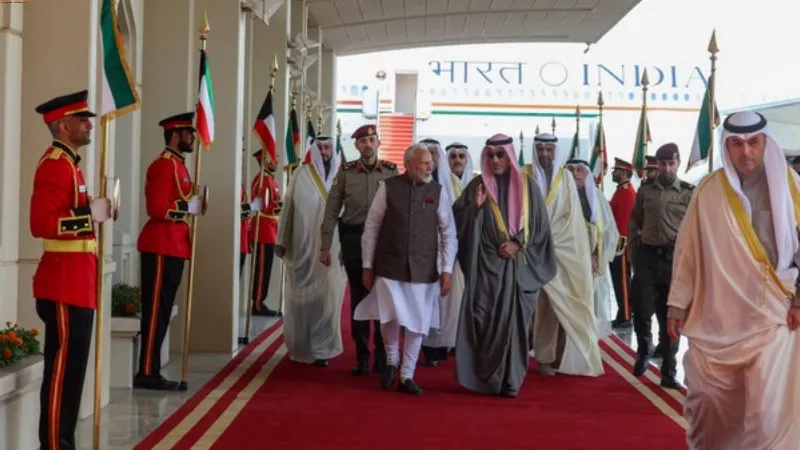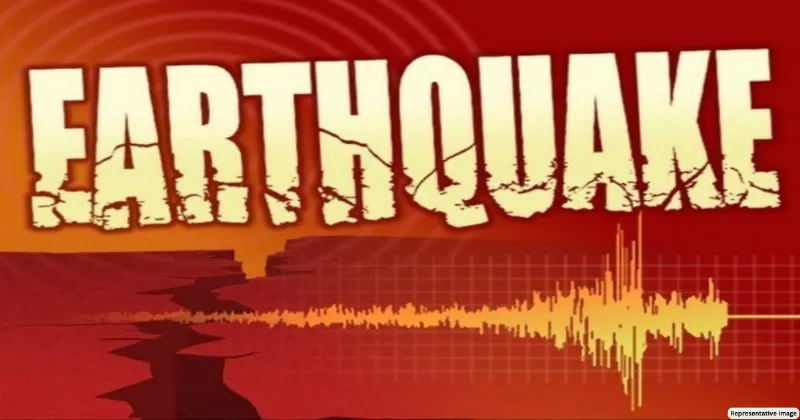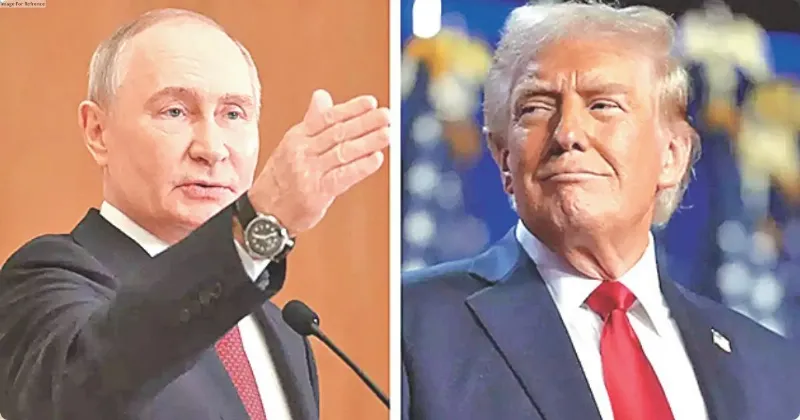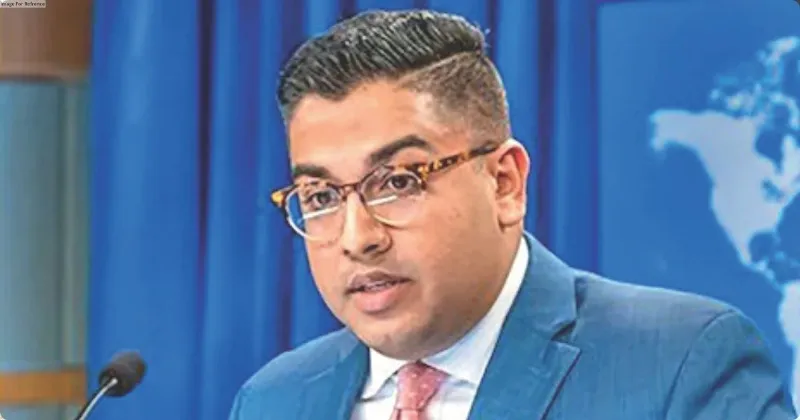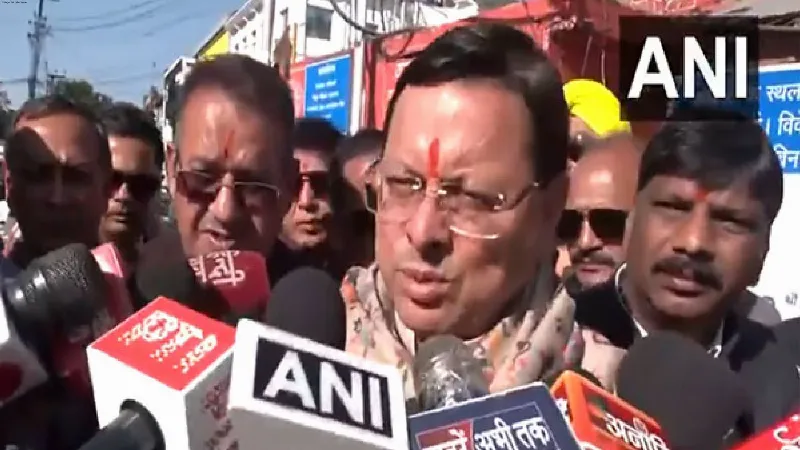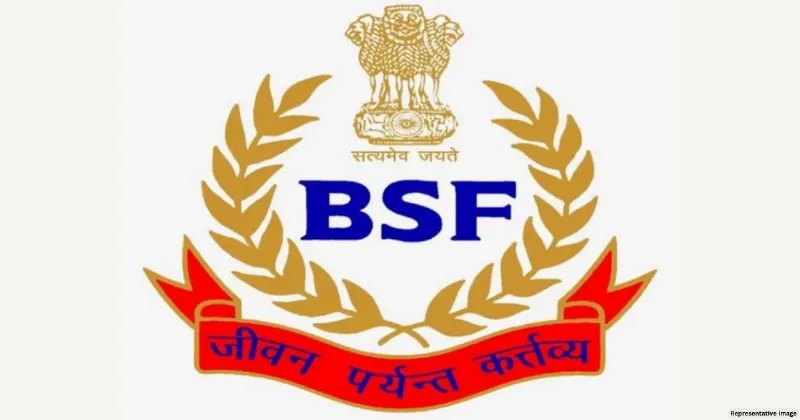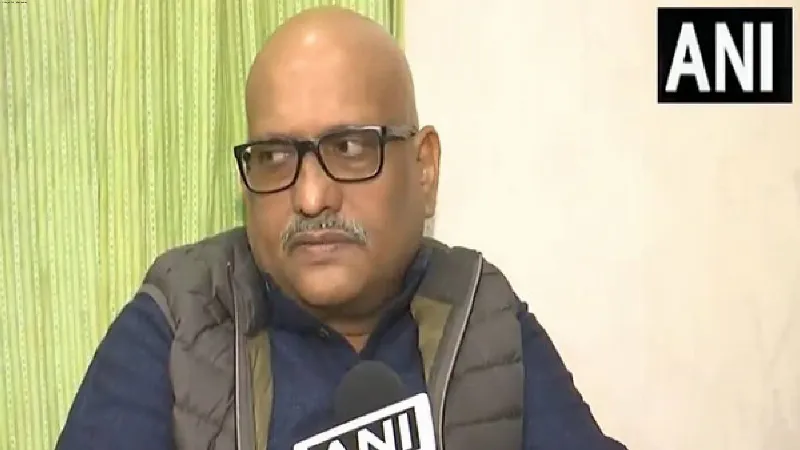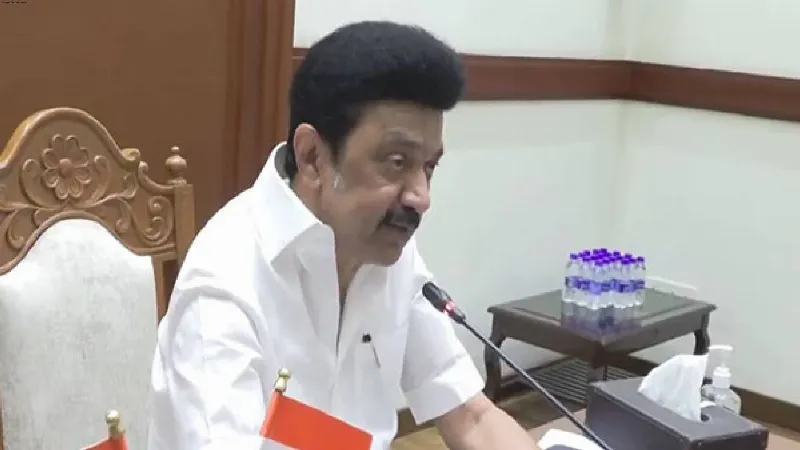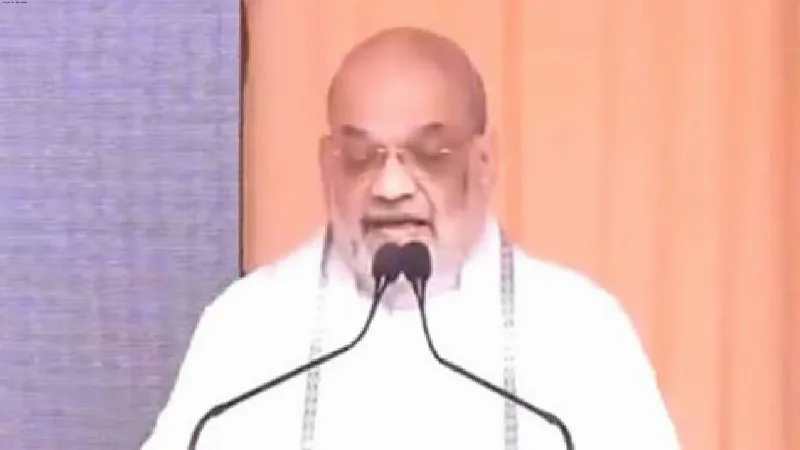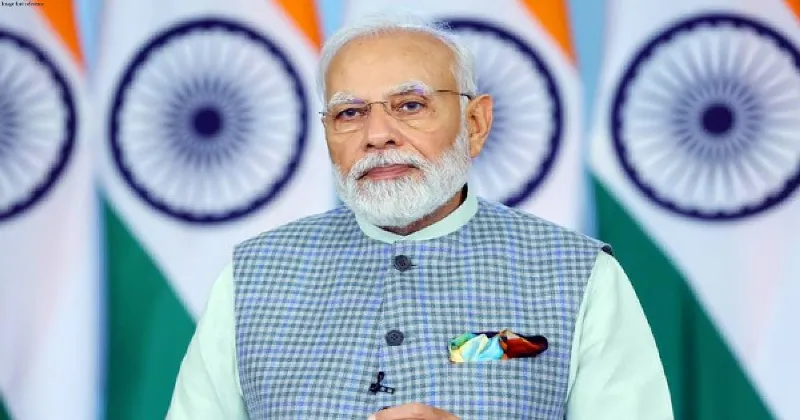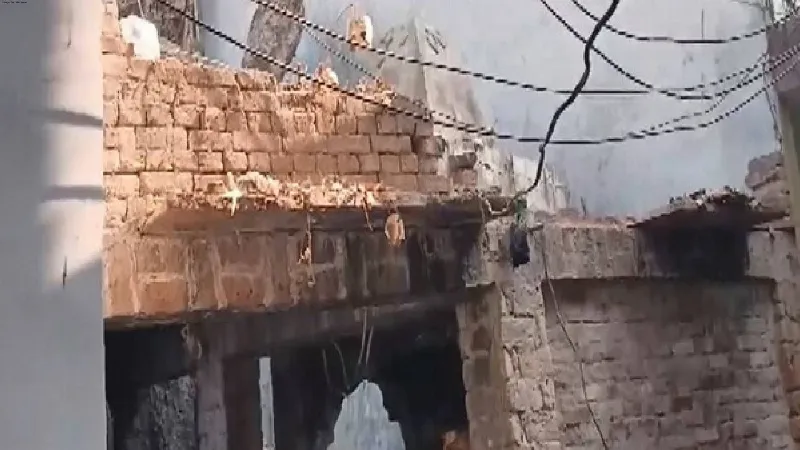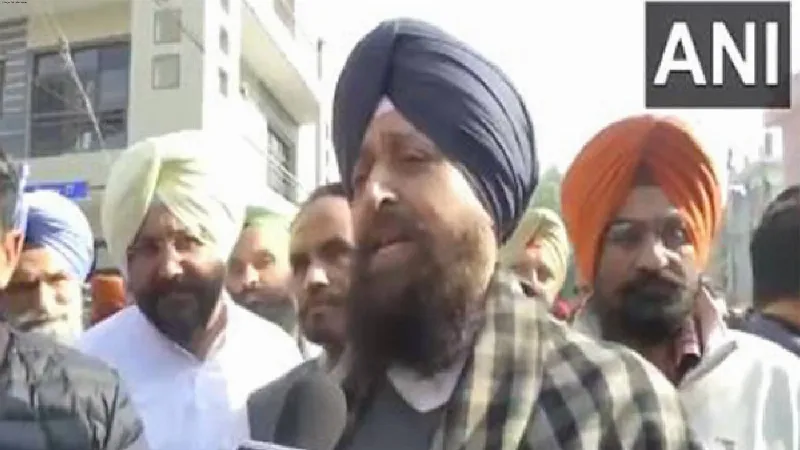Latest News
India accords high importance to disaster risk reduction issues: Principal Secy to PM Modi

New York: Principal Secretary to Prime Minister Narendra Modi PK Mishra on Thursday (local time) said that India gives high importance to disaster risk reduction issues and called it a "central public policy issue."
He made the remarks during the Plenary at United Nations General Assembly. "In India, we accord high importance to disaster risk reduction issues; it is a central public policy issue. We have significantly increased funding earmarked for disaster risk reduction. We have brought about landmark changes in our financing architecture to support the entire spectrum of disaster risk management needs - disaster risk mitigation, preparedness, response, recovery and reconstruction," PK Mishra said while addressing the plenary of the UN General Assembly on the Midterm Review of the implementation of the Sendai Framework for Disaster Risk Reduction 2015-2030 in New York.
In his remarks, PK Mishra said that state and local governments in India have access to about USD 6 billion for disaster risk mitigation from 2021-2025.
He stated that this comes in addition to the resource worth USD 23 billion meant for preparedness, response and recovery, according to the statement released by Prime Minister's office.
PK Mishra said that India has been able to reduce the loss of lives from cyclones to less than 2 per cent in more than a decade.
He further said, "We are now developing ambitious mitigation programmes to reduce the risk of losses from all hazards - Landslides, Glacial Lake Outburst Floods, Earthquakes, Forest Fire, Heat Waves, and Lightning."
PM Narendra Modi's principal secretary PK Mishra said that India is implementing Common Alerting Protocol, which will integrate Alert Generating Agencies with Disaster Managers and Telecom Service Providers.
He lauded the United Nations Secretary General's initiative on 'Early Warning for All by 2027' and stressed that India's efforts will contribute to achieving the target set by this global initiative.
"We are working assiduously to improve access to early warning. We are implementing Common Alerting Protocol, which will integrate Alert Generating Agencies with Disaster Managers and Telecom Service Providers. This will ensure dissemination of geo-targeted alerts in regional languages to reach, each one of 1.3 billion citizens of our country," PK Mishra said.
He said that G20 members under India's Presidency have agreed to set up a Working Group on Disaster Risk Reduction, according to the statement released by Prime Minister's office.
He spoke about the five priorities identified for the G20 Working Group, which include early warning for all, resilient infrastructure, improved financing of DRR, systems and capacities for response and 'build back better', and ecosystem-based approaches to DRR.
"Under India's presidency, G20 members have agreed to establish a Working Group on Disaster Risk Reduction. The five priorities identified by the G20 Working Group - early warning for all, resilient infrastructure, improved financing of DRR, systems and capacities for response and 'build back better', and eco-system-based approaches to DRR - will provide added impetus to the achievement of Sendai targets globally," PK Mishra said.
In his speech at the UNGA, Mishra said that Coalition for Disaster Resilient Infrastructure, presently co-led by India and the United States is bringing about transformation in the way they plan 'design, build, and maintain infrastructure systems' in the 21st century.
"In addition, the Coalition for Disaster Resilient Infrastructure, presently co-led by India and the United States is bringing about transformation in the way we plan, design, build, and maintain infrastructure systems in the 21st century. Infrastructure projects are long-term investments. If informed by solid risk assessments, and underpinned by good risk governance, these infrastructure investments can build long-term resilience," PK Mishra said.
He said that India in the spirit of "Vasudhaiva Kutumbakam" which considers the world as "one-large inter-connected family", extended help to people in Turkey and Syria by dispatching field hospitals, search and rescue teams and medical relief material. He called it a "true testament to a human-centric global development approach." He said that India is ready to join efforts to reduce disaster risks at home and everywhere on the planet in the spirit of Sustainable Development Goals (SDGs). (ANI)




